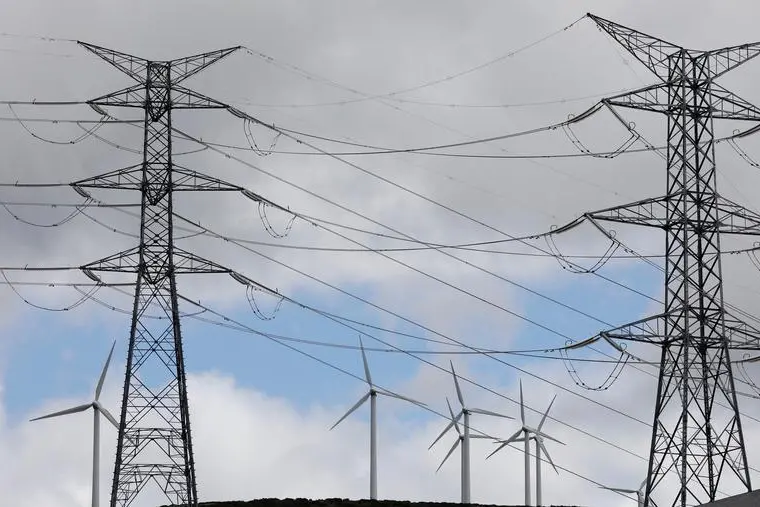PHOTO
JAKARTA - Indonesia's plans to keep electricity tariffs and some fuel prices unchanged for the next two years would cost around 8.1 trillion rupiah ($588.36 million) in additional subsidies this year alone, finance ministry officials said on Monday.
The plans, which have to be discussed with parliamentarians, were announced last week as a measure to increase the purchasing power of the country's citizens.
Southeast Asia's largest economy grew 5.07 percent in 2017, its best pace in four years, but consumption - the biggest contributor to the economy - has remained sluggish at around 5 percent versus a pre-financial crisis era rise of 6 percent.
Finance Minister Sri Mulyani Indrawati said the measure was needed to maintain a low inflation rate, since the average oil price is expected to be higher than initially anticipated in 2018, while the rupiah exchange rate will likely be weaker.
"We are mitigating the risks to inflation and to the balance sheets of companies through a number of regulations," Indrawati told reporters.
The rupiah is forecast to trade at 13,500 to the dollar on average in 2018, compared to the government's initial forecast of 13,400, she said, adding that Indonesia's crude oil price is expected at $55-$60 a barrel, compared to $48.
Askolani, director general of budgeting at the ministry, said the 2018 budget deficit is still seen at 2.19 percent of gross domestic product, despite the increase in subsidies, as oil and gas-related revenue would also rise.
Indonesia's annual inflation rate in February was 3.18 percent, the lowest since December 2016. The central bank is targeting inflation of 2.5-4.5 percent for 2018. ($1 = 13,767.0000 rupiah) (Reporting by Maikel Jefriando; Writing by Gayatri Suroyo; Editing by Himani Sarkar)
© Reuters News 2018





















